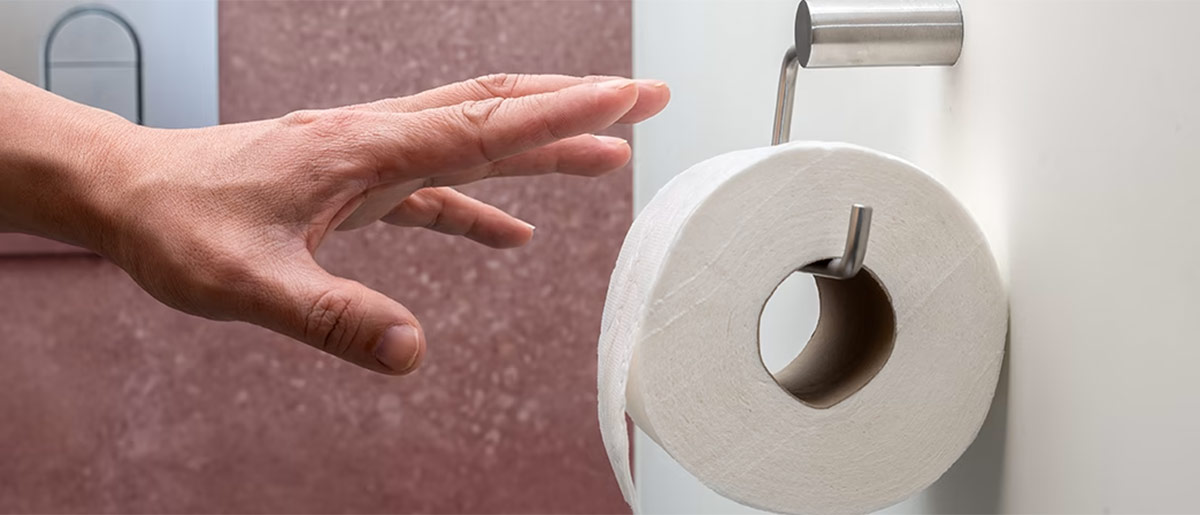WHAT IS IRRITABLE BOWEL SYNDROME (IBS)?

Irritable Bowel Syndrome (IBS) is a common chronic gastrointestinal disorder that affects the intestines. It is a condition that needs to be managed in the long term. IBS commonly causes abdominal pain, bloating, gas, nausea, diarrhea and constipation. IBS can be mild, moderate or severe. A study has found that amongst IBS sufferers, 40% have mild IBS, 35% moderate IBS and 25% severe IBS1. However, these symptoms can be controlled by managing diet, lifestyle and stress. For certain cases, medication and counseling are recommended.

WHAT ARE THE SIGNS AND SYMPTOMS OF IBS?
IBS affects each person differently. The symptoms of IBS are often triggered after food consumption and may tend to come and go in different frequency that can last a few days. It will usually improve, but may not disappear completely. During such episodes, whether in adults or children, abdominal discomfort or pain is the main symptom. Some other common signs and symptoms are:

DIFFERENT TYPES OF IBS
IBS-D is irritable bowel syndrome with diarrhea. The symptoms most bothersome with IBS-D include sudden urges of bowel movements, abdominal pain or discomfort. Intestinal gas, nausea, loose stools, frequent stools and the feeling of being unable to completely empty the bowels are some of the other symptoms.
IBS-C is irritable bowel syndrome with constipation. The most bothersome symptoms with IBS-C were reported to be abdominal pain, straining, infrequent stools, bloating and/or gas.
Do note that IBS is not the same as inflammatory bowel disease (IBD), a more serious condition that causes inflammation in the digestive tract and can result in severe complications. Conditions such as ulcerative colitis, Crohn’s disease, microscopic colitis and ischemic colitis are other types of bowel disease.
As there are no structural problems in the intestines of people who have IBS, and tests (such as stool tests, or endoscopic procedures such as colonoscopy) are usually normal, it can be frustrating for IBS sufferers. The pain, discomfort and bloating sensations can have a significant impact and be really disruptive to daily routine and lifestyle. Thus, the different causes should be addressed to help relieve such symptoms and psychological impact.

WHAT CAUSES IBS AND WHO IS AT RISK?
The exact cause of IBS is unknown. Health experts believe that a disruption in communication between the brain and the intestinal tract is one cause of the symptoms
IBS can affect people of all ages, but it's more likely for people in their teens through their 40s. It occurs more often in women than in men.

WHAT ARE THE POSSIBLE REMEDIES FOR IBS?
Although there is currently no known cure for IBS, the symptoms can often be managed by the change in diet and lifestyle and understanding the nature of the condition. In some cases, medication or psychological treatments may also be helpful. Here are a few ways:
Probiotics are dietary supplements that can help improve digestive health. They contain "good bacteria" that can help restore the natural balance of gut bacteria when it has been disrupted. Some people take probiotics regularly to help them relieve the symptoms of IBS. To try a probiotic product, follow the manufacturer's recommendations on dosage.
Try Meta Align - Clinically tested for the relief of medically diagnosed IBS. Meta Align contains the probiotic strain Bifidobacterium longum 35624™. Meta Align is a gluten-free probiotic daily supplement with Bifidobacterium longum 35624™ strain. The good live bacteria Bifidobacterium longum 35624™ is a pure strain probiotic, for the relief of medically diagnosed IBS - such as abdominal pain, gas and bloating.

Home Remedies -
Home remedies for IBS include avoiding certain foods that can trigger or worsen diarrhea, bloating and gas, such as insoluble (cereal) fiber, coffee/caffeine, chocolate and nuts. Avoid heavy meals or high fat foods that over-stimulate the gut. Have your daily breakfast, as this is the meal that is most likely to stimulate the colon and give you a bowel movement.
Medications -
Medical treatment includes anti-spasmodic medicines, anti-diarrheal medicines, anti-depressants, laxatives and other drugs.
Consult a doctor or a healthcare professional to better understand your IBS condition and treatment or management options.

